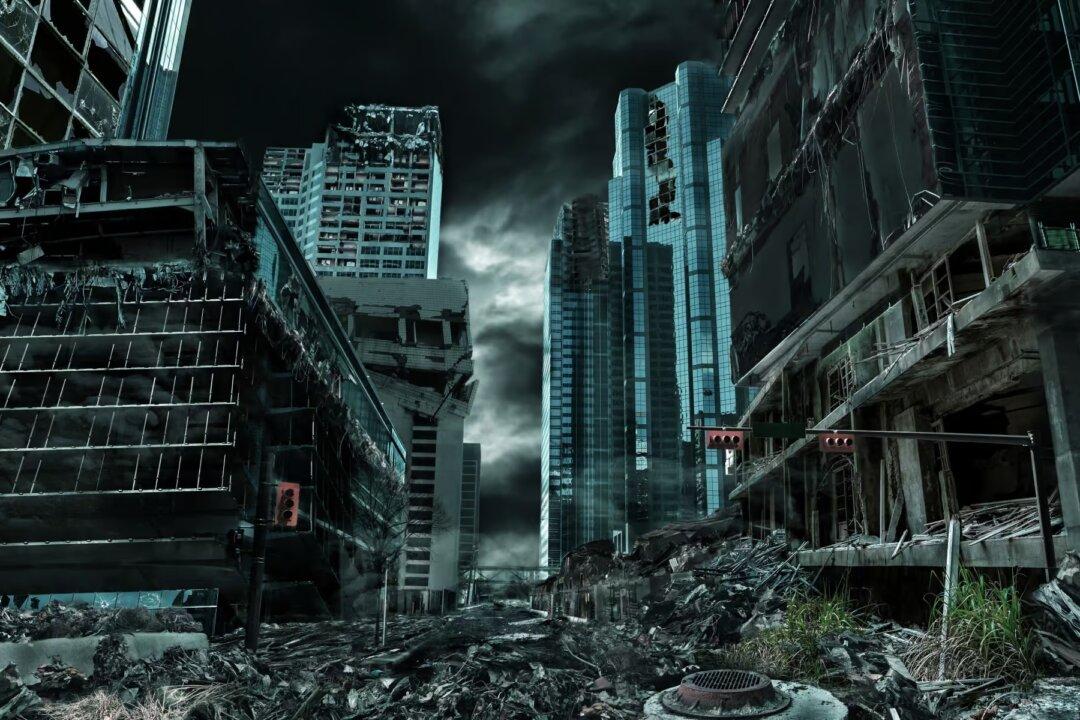Commentary
Everyone was supposed to be back at the office by now. It’s not really happening, however, and this has huge implications for the future of the American city.

Everyone was supposed to be back at the office by now. It’s not really happening, however, and this has huge implications for the future of the American city.